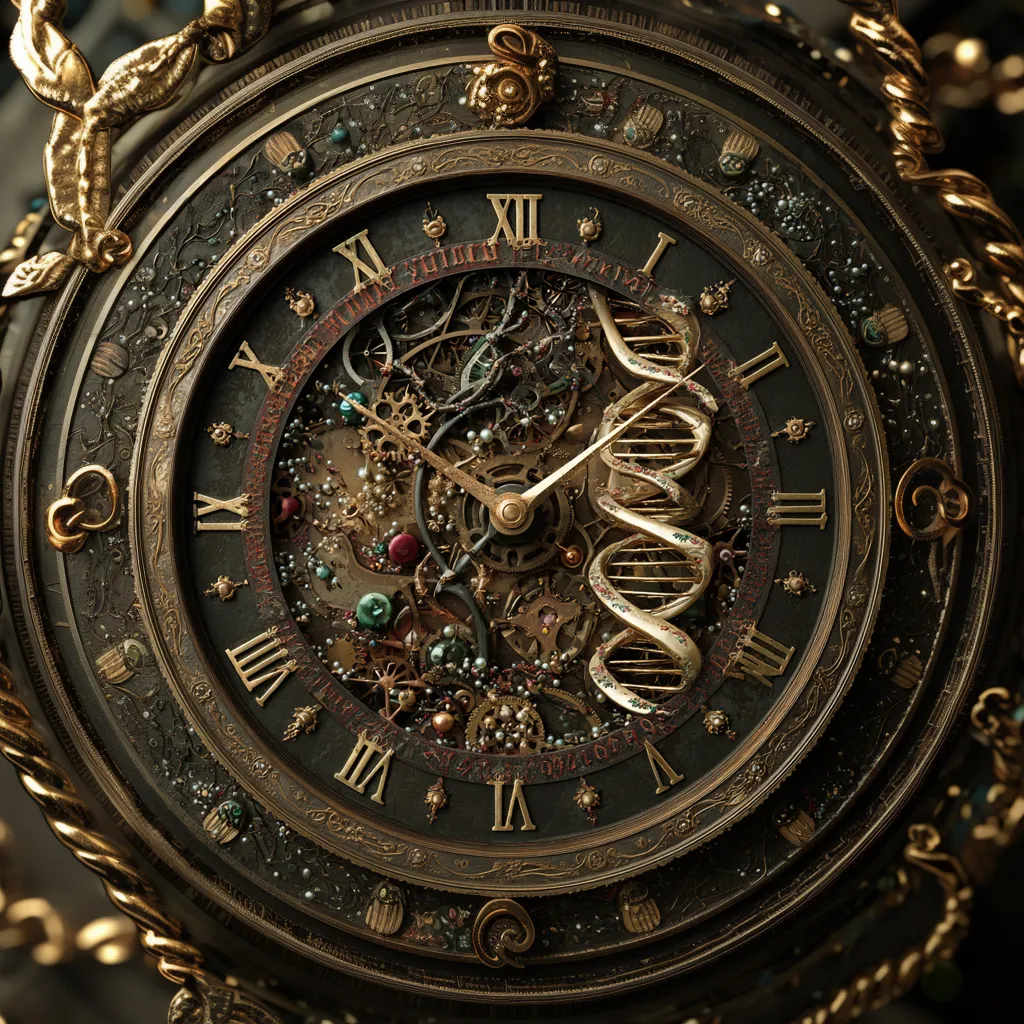
The Lab Test That Tells You How Old You Really Are
Why your biological age matters more than your birthday — and how to turn it back.
We tend to think of age as the number of candles on our birthday cake. But your biological age — how old your cells actually are — can tell a very different story.
Thanks to breakthroughs in epigenetics, scientists can now measure this using something called an epigenetic clock. And here’s the fascinating part: you can influence that clock.
What Exactly Is an Epigenetic Clock?
An epigenetic clock isn’t a device you wear on your wrist. It’s a scientific algorithm that looks at DNA methylation patterns — tiny chemical tags that attach to your DNA and regulate which genes are switched on or off.
These tags naturally change as we age, but the speed of that change varies wildly from person to person. That’s why some people in their 50s look and feel decades younger, while others age prematurely.
The most famous of these clocks is the Horvath Clock, developed by Dr. Steve Horvath in 2013. It can estimate your biological age with surprising accuracy — sometimes down to a few years.
Why Biological Age Matters
Your biological age is more than a vanity metric. Research shows it’s closely linked to your risk of chronic disease, your immune resilience, and even your lifespan.
If your biological age is younger than your chronological age, you’re likely aging well at the cellular level. If it’s higher, it’s a warning sign — your body may be under more oxidative stress, inflammation, or metabolic strain than it can handle.
Can You Turn Back the Clock?
Here’s the exciting news: yes. Unlike your date of birth, your biological age can be changed.
Studies have shown that interventions such as:
Dietary changes (e.g., increasing polyphenol-rich plants, omega-3s, and reducing ultra-processed foods)
Regular exercise (especially strength training and aerobic activity)
Intermittent fasting or time-restricted eating
Stress reduction and quality sleep
Targeted supplementation (like vitamin D, probiotics, and certain phytonutrients)
…can all shift DNA methylation patterns toward a “younger” profile in as little as 8–12 weeks.¹
One small clinical trial even demonstrated a reversal of biological age by over three years through an eight-week lifestyle program.²
How to Test Your Epigenetic Age
Today, several direct-to-consumer labs offer epigenetic age testing from a simple saliva or blood sample. While not yet perfect, these tests are becoming more accurate — and they can be a powerful motivator for change.
Think of it like getting your credit score: you can track improvements over time as you make healthier choices.
The Takeaway
Aging is inevitable — but how you age is negotiable.
By understanding and influencing your epigenetic clock, you gain a powerful tool to extend not just your lifespan, but your healthspan — the years you live with energy, clarity, and vitality.
And that’s the real secret: it’s not about adding years to your life. It’s about adding life to your years.
References:
Fitzgerald KN, et al. Potential reversal of epigenetic age using a diet and lifestyle intervention: a pilot randomized clinical trial. Aging (2021).
Gensous N, et al. Diet, epigenetic clocks, and aging. Nutrients (2019).
